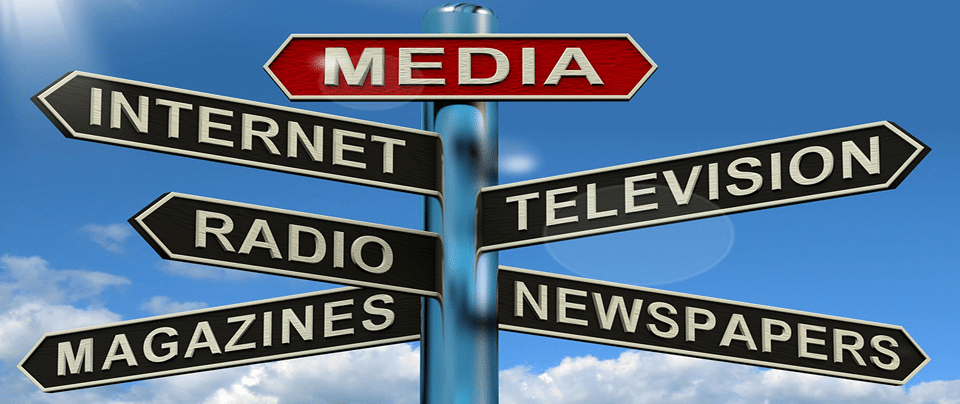
Why Barter Makes Sense for Media Companies
The advertising industry has always been known to engage in some form of barter. After all, any kind of media is perishable and vacant ad space is worth nothing unless it is sold. Since advertising space is time sensitive, every day that goes by without an advertiser in place is another day that revenue is lost and gone forever. In the absence of a cash advertiser, many media operators have reasoned that something of value is better than nothing at all.
Principles of Barter
>>Barter makes sense for any business because every business has excess. On average, any business can handle at least 15% in extra business without any increase to their existing overhead. A barter sale is always incremental to cash sales and its cost is limited to wholesale product cost as all overhead is already being covered by your existing cash business. This means that when you barter you enjoy a discount equal to your gross profit margin. In advertising, there are minimal direct incremental costs associated with a new advertiser. A magazine or newspaper gets printed and the radio or TV show goes on whether the advertising is sold or not. Therefore, for media companies, barter revenue is practically free due to the time sensitive nature of the time and space being sold and it provides the ultimate leverage opportunity.
>>Companies who barter have an edge over their competition. Because of the leverage that barter provides in purchasing, you can attract a customer easier when a barter component is included in your sales. Given a choice between spending hard-earned cash and tapping into excess capacity to advertise, most advertisers would do business with a media company that proposes a campaign with a barter mix.
>>The principle of effective bartering is to use barter in lieu of spending cash, which leaves more cash in the bank. By replacing cash in its spending, a business which barters converts excess capacity into improved cash flow. Barter allows businesses to afford items not previously budgeted for. Purchasing with a wholesale dollar opens up new opportunities for growth. However, shopping with a perishable dollar is like getting the item for free.
Justification of Barter for Media Companies
>>The biggest justification for barter among media companies is to boost occupancy. While a perception of high vacancy tends to create a buyer’s market, a perception of higher occupancy drives demand. More demand gives justification to higher rates, therefore, the higher the occupancy the higher the overall rate.
>>Media companies who barter have increased cash flow and retain more cash. The incremental revenue from a barter sale results in minimal incremental direct cost. The barter obtained from the sale can be used to purchase assets and offset expenses. In order of the most effective use, barter should be used for capital expenditures (copiers, vehicles), offset of operating expenses (printing, travel, office supplies), promotions and incentives (sales awards), and client entertainment and appreciation. Because you are using excess capacity to offset operational costs, anything you get in barter or by cashing out barter is more than you would have otherwise.
>>Media companies that barter are perceived by their customers as being innovative. Just as your savvy customer realizes that barter is a smart way to increase revenues, they will appreciate the fact that their media partner is also on the cutting edge of technology with new ideas for their overall success.
Equitrade International, Inc. is a barter finance facilitator, which provides a clearinghouse for products and services that you generate through your own internal barter transactions. Equitrade also refers new customers who are interested in placing new advertising with payment in barter credits. These new customers are prospects for future cash business that will result from their referrals. Contact Equitrade today to learn more about how you can implement a barter program in your media company.
